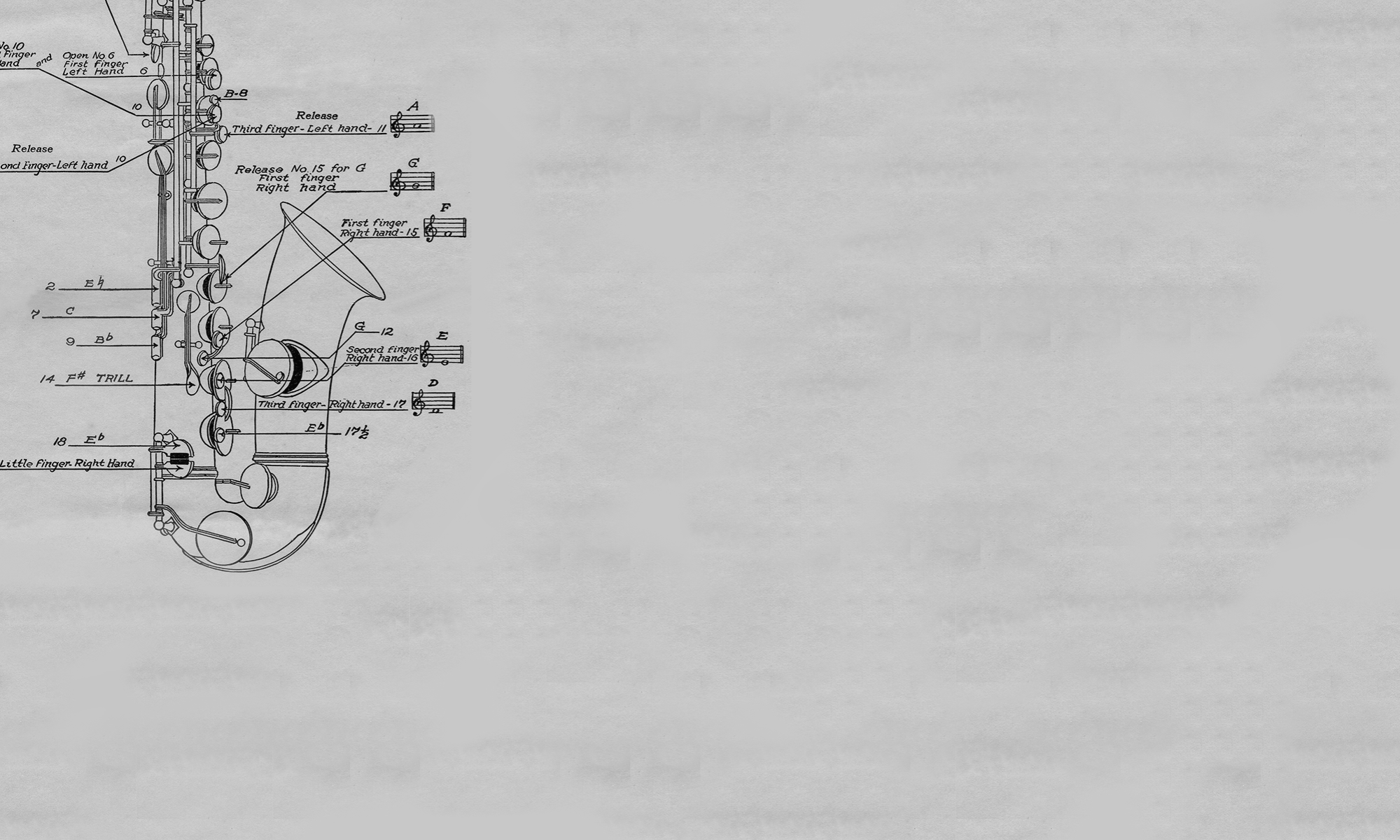from the Bruce Vermazen Research Papers on Tom Brown
The September 1916 issue of new sound recordings produced by the Victor Talking Machine Company lists two new foxtrots performed by the Brown Brothers Saxophone Sextette, Pussyfoot March and Bull Frog Blues, that were released on a single ten-inch double-sided 78-rpm disc and sold for 75 cents. This would be the equivalent of nearly $20 in today’s economy. All of the new releases on these two pages were either two-steps, foxtrots, waltzes, or tangos, which were popular dances at that time.

During the late teens and 1920s, the Brown Brothers’ success as a saxophone ensemble came directly from their audio recordings and the audiences who purchased them. Their recording successes with the Columbia Phonograph Company in 1911 and the acclaim they received from their Broadway shows like Chin Chin caught the attention of the Victor Talking Machine Company. The most prestigious recording company in America at the time, Victor contracted the Brown Brothers in 1915 to produce four recordings for a flat fee of $300. Today this would be equivalent of over $8,000 for eight three-to-four minute recorded performances.
Although they were only able to complete three double-sided discs because of technical problems with the Victor’s recording equipment, their finished recordings were immediate financial successes for Victor. Their first recording of Tom Brown’s “That Moaning Saxophone Rag,” sold 200,638 copies in its first year. However, the ensemble received no performance royalties from Victor’s sales of their recordings. The 1909 revision of American copyright law only provided performance royalties to songwriters and publishers for recordings of their music.
Recognizing that his ensemble would not receive performance royalties for their recordings, Tom Brown signed an additional contract with Will Rossiter, the Chicago publisher of his “That Moaning Saxophone Rag,” that stipulated half of the royalties paid to Rossiter by the Victor Company needed to be repaid to Tom Brown and his saxophone ensemble.

In 1916, the Victor Company paid the Brown Brothers $500 for four additional recordings of Tom’s music arrangements, and he and the ensemble continued to earn royalties from Rossiter. These recording and publisher contracts provided a lucrative funding stream for Tom and his brothers, which complemented the band’s equally lucrative weekly salary of $650 that was paid to them for playing in the Dillingham’s extravagantly staged Broadway show, Chin Chin, starring David Montgomery and Fred Stone that ran between 1914 and 1917.
